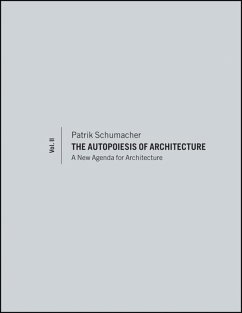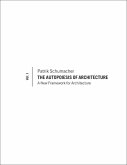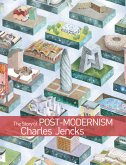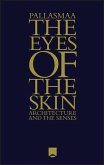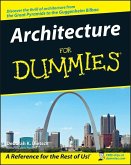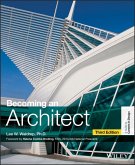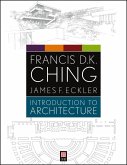This is the second part of a major theoretical work by Patrik Schumacher, which outlines how the discipline of architecture should be understood as its own distinct system of communication. Autopoeisis comes from the Greek and means literally self-production; it was first adopted in biology in the 1970s to describe the essential characteristics of life as a circular self-organizing system and has since been transposed into a theory of social systems. This new approach offers architecture an arsenal of general comparative concepts. It allows architecture to be understood as a distinct discipline, which can be analyzed in elaborate detail while at the same time offering insightful comparisons with other subject areas, such as art, science and political discourse. On the basis of such comparisons the book insists on the necessity of disciplinary autonomy and argues for a sharp demarcation of design from both art and engineering. Schumacher accordingly argues controversially that design as a discipline has its own sui generis intelligence - with its own internal logic, reach and limitations. Whereas the first volume provides the theoretical groundwork for Schumacher's ideas - focusing on architecture as an autopoeitic system, with its own theory, history, medium and its unique societal function - the second volume addresses the specific, contemporary challenges and tasks that architecture faces. It formulates these tasks, looking specifically at how architecture is seeking to organize and articulate the complexity of post-fordist network society. The volume explicitly addresses how current architecture can upgrade its design methodology in the face of an increasingly demanding task environment, characterized by both complexity and novelty. Architecture's specific role within contemporary society is explained and its relationship to politics is clarified. Finally, the new, global style of Parametricism is introduced and theoretically grounded.
Dieser Download kann aus rechtlichen Gründen nur mit Rechnungsadresse in A, B, BG, CY, CZ, D, DK, EW, E, FIN, F, GR, HR, H, IRL, I, LT, L, LR, M, NL, PL, P, R, S, SLO, SK ausgeliefert werden.

